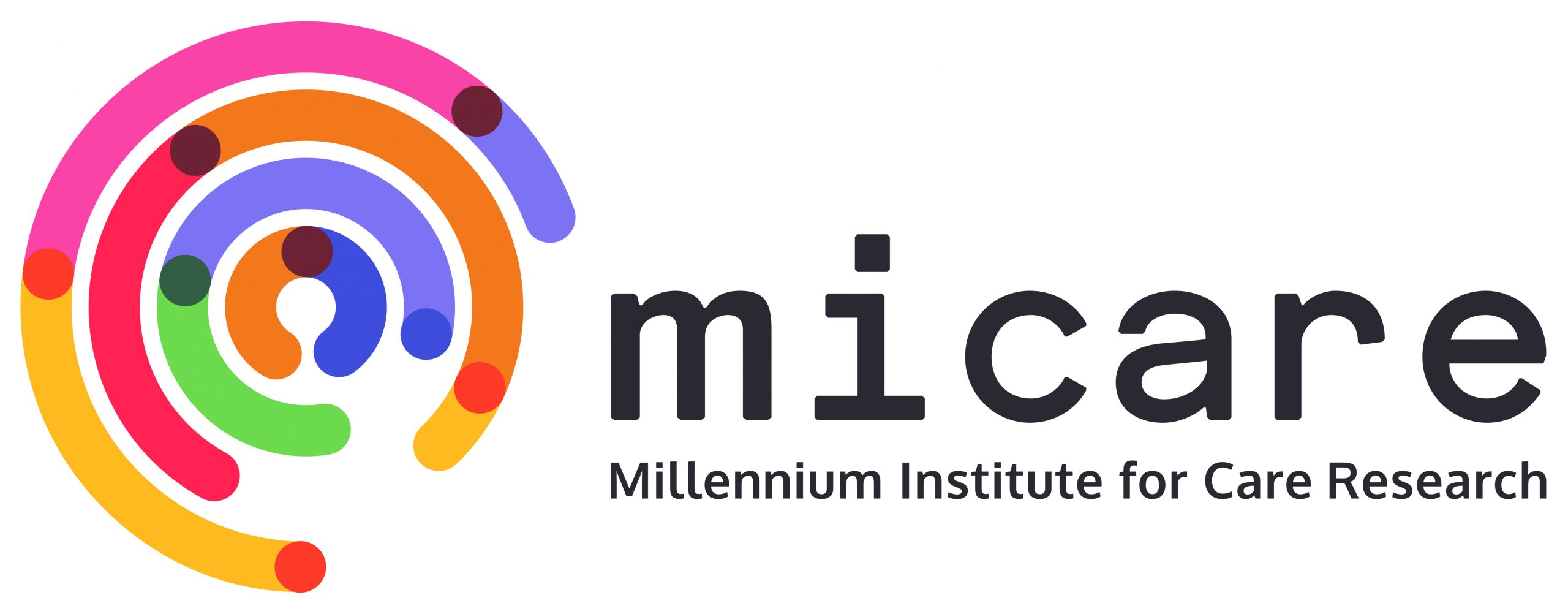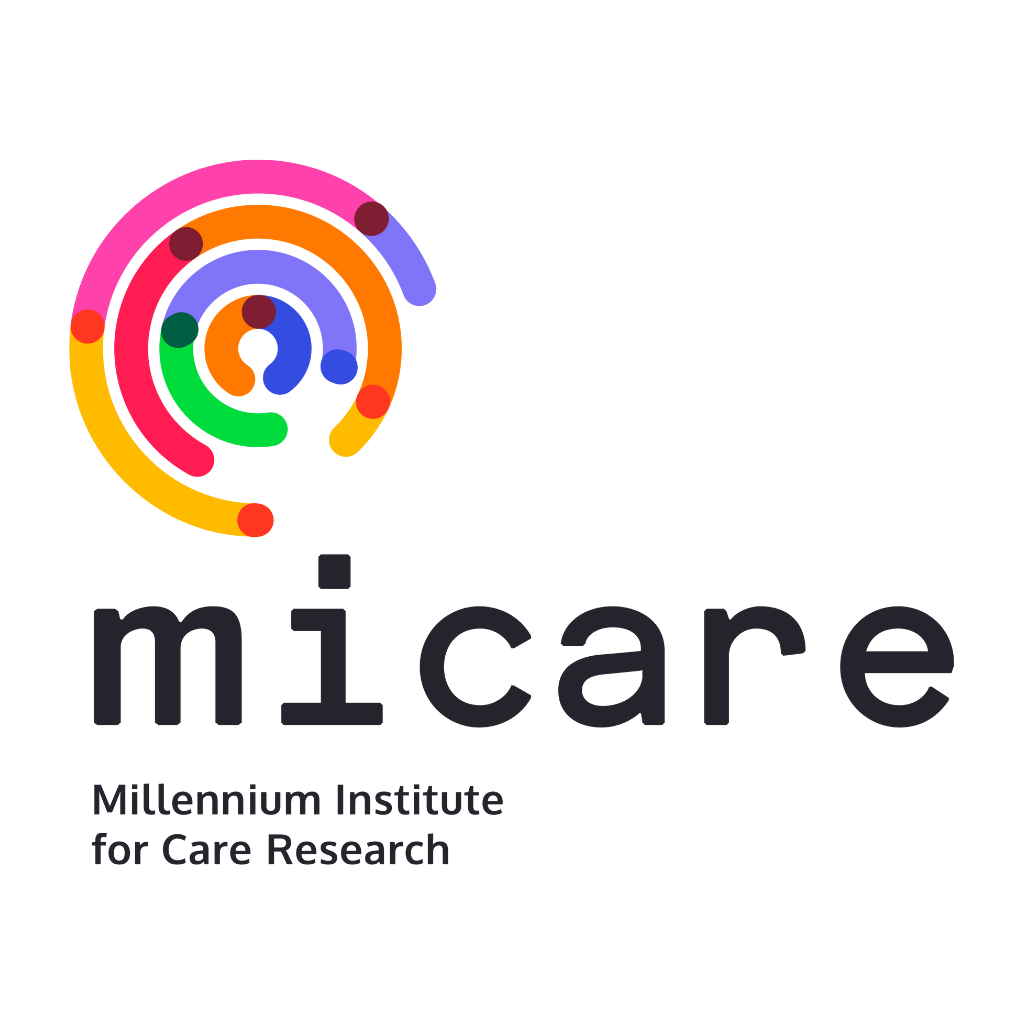Our alternate director at MICARE, Marcela Tenorio, participated in the PUCV Law webinar on maternity support for women with disabilities, in which she specifically referred to the situation of women with intellectual and developmental disabilities in Chile.
By Gabriela Campillo.
“The forefront and bottom line of all maternity accommodations must be persons with disabilities. We must put the experts by experience first, always”, said MICARE’s alternate director and academic of the Los Andes University, Marcela Tenorio in the virtual conversation organized by the Faculty and School of Law of the Pontificia Universidad Católica de Valparaíso.
The activity, “Supporting motherhood for women with disabilities” was held on August 11 at 5:30 pm and was broadcast live on YouTube. Along with MICARE’s Marcela Tenorio, the President of the Chilean College of Midwives and Accoucheurs, Anita Román, and family lawyer Felipe Pulgar also participated.
With regard to forced sterilizations of women with intellectual disabilities, Marcela Tenorio noted a stark reality:
‘The data show that the number of rapes of women with intellectual disabilities is four times that of their counterparts with typical development. Hence the decision for forced sterilization, but this has been shown to make them even more vulnerable to abuse‘.
Marcela Tenorio, MICARE alternate director.
“What transforms us is direct contact with people with disabilities. This is the only way to break down stigmas. We have the very important task of achieving the full enjoyment of their rights by this group and their families,” concluded Marcela Tenorio, in relation to the challenges faced by people with disabilities in our country.
Relive the full conference here:





